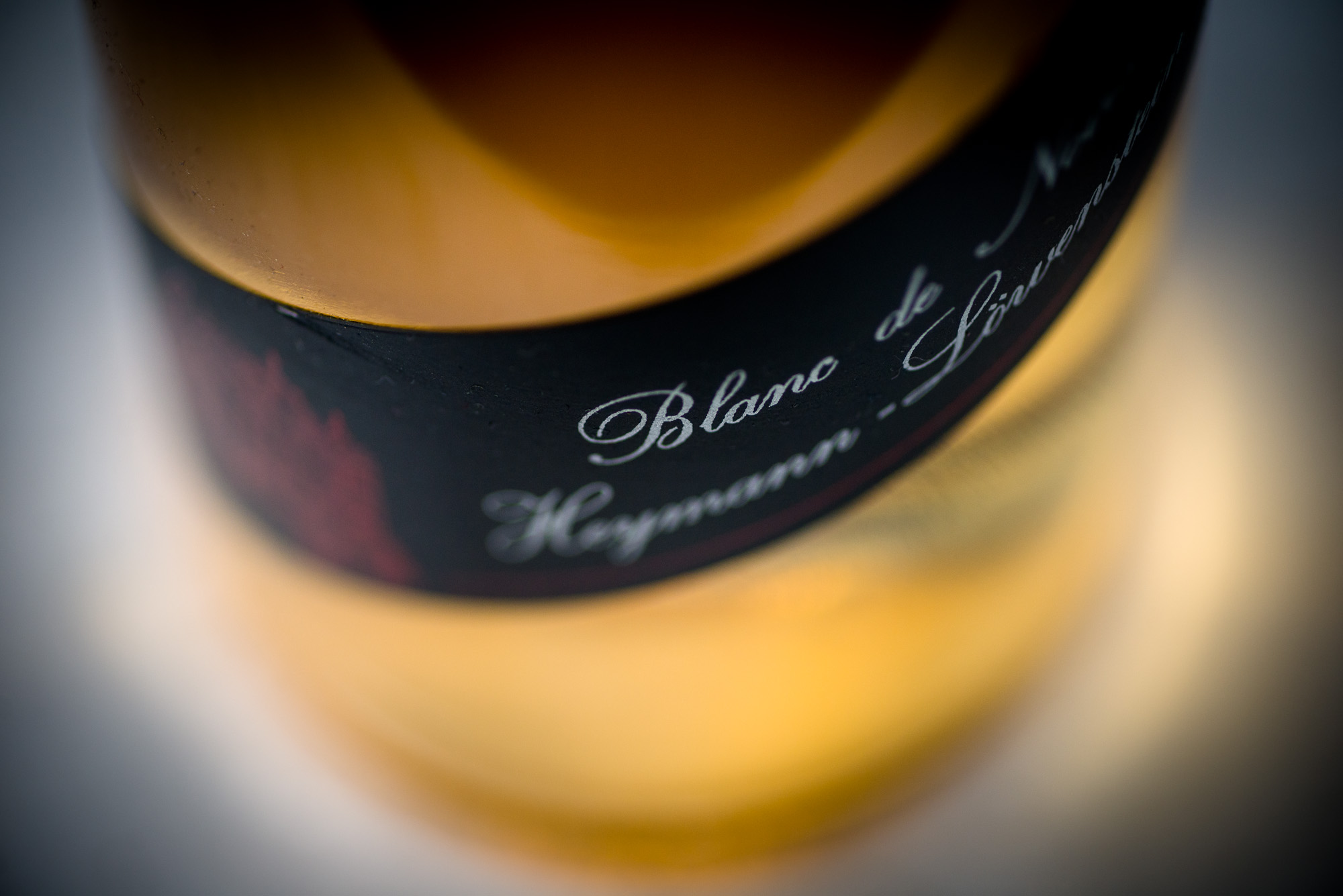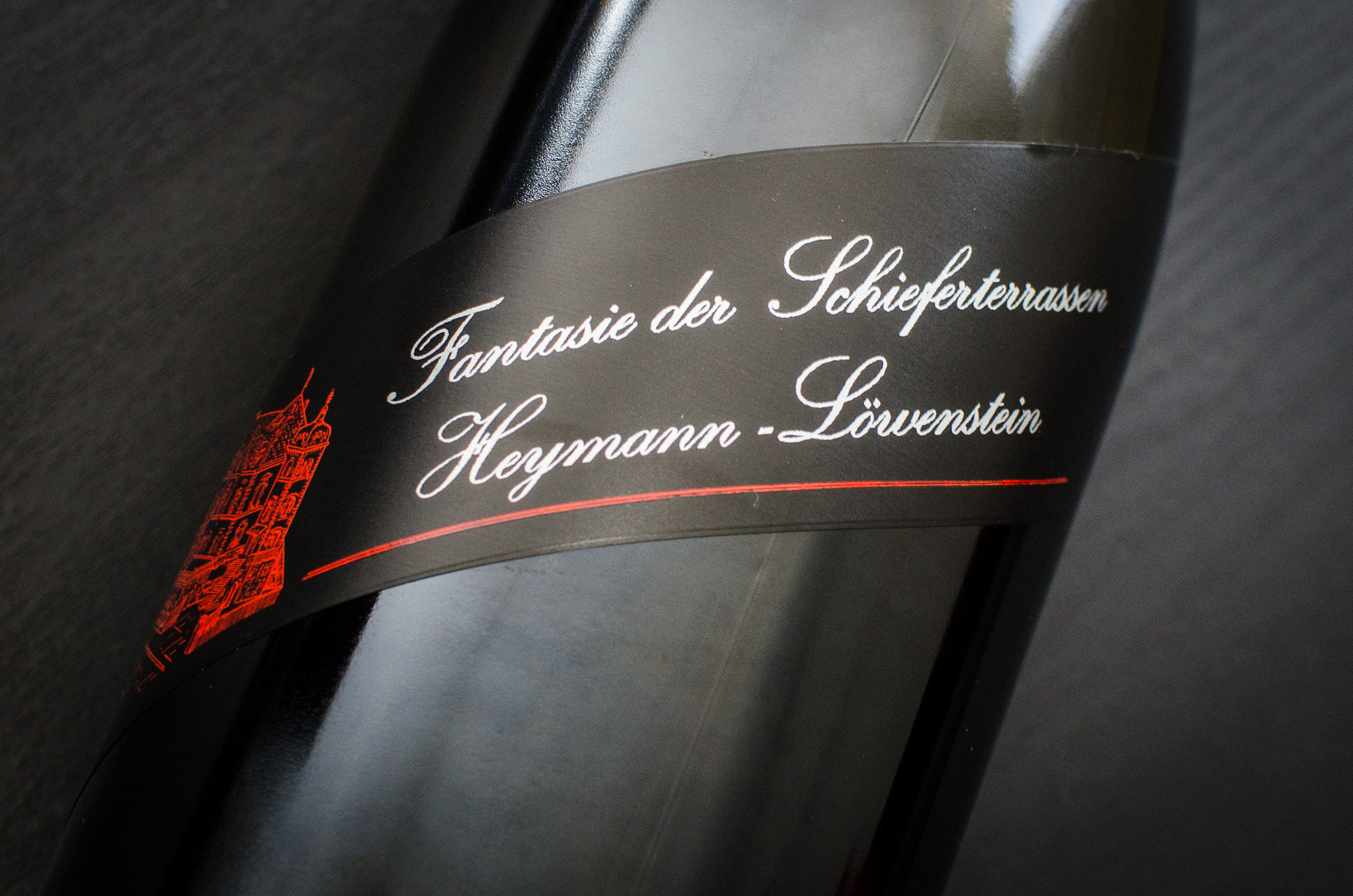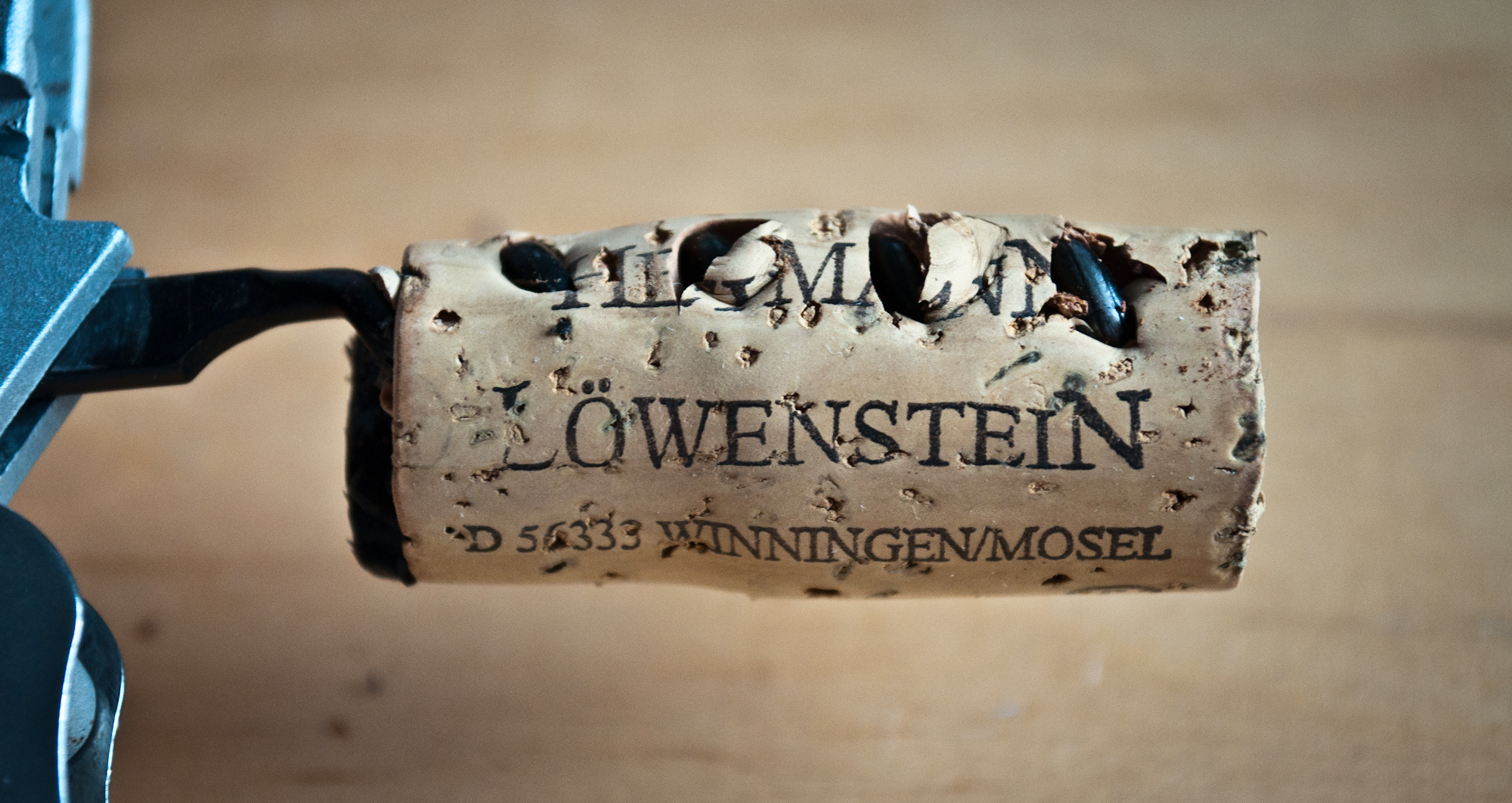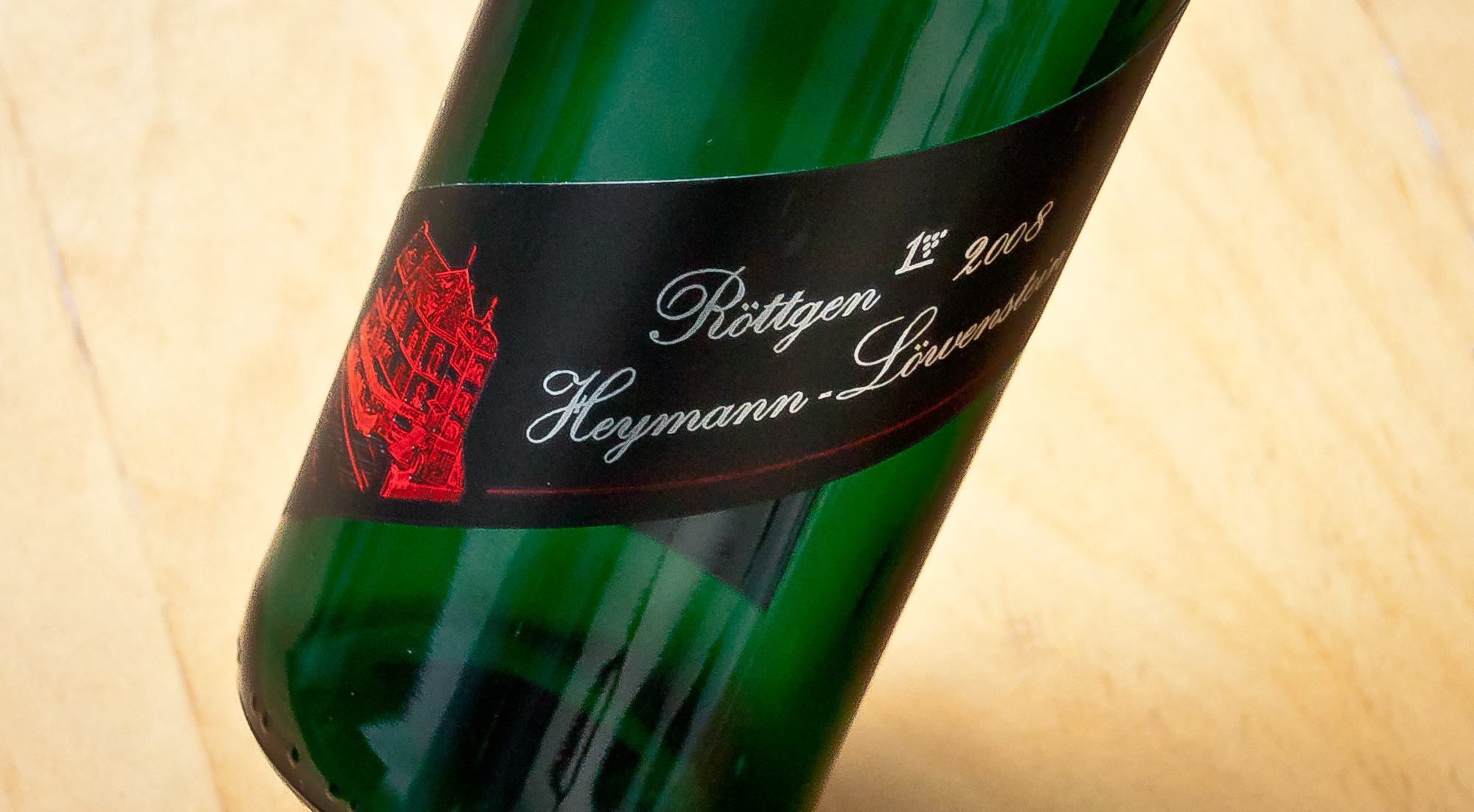Heymann-Löwenstein, Blanc de Noirs, NV
If you have a look around on the Heymann-Löwenstein website you will eventually stumble upon a message from a Belgian wine merchant. He reports from a blind tasting of Champagnes into which he smuggled a bottle of Löwenstein's non vintage sparkler - and despite being the cheapest wine it got by far the highest score, beating the likes of Billecart-Salmon, Jacques Selosse and Ruinart. This is the type of underdog story that would usually be told about English fizz, but it doesn't hurt to remember that other countries also produce great wines made according to the classic Champagne method.

That Germany is one of them should not be a surprise, after all it consumes around a quarter of the world's sparkling wine and produces close to 400 million bottles a year.




